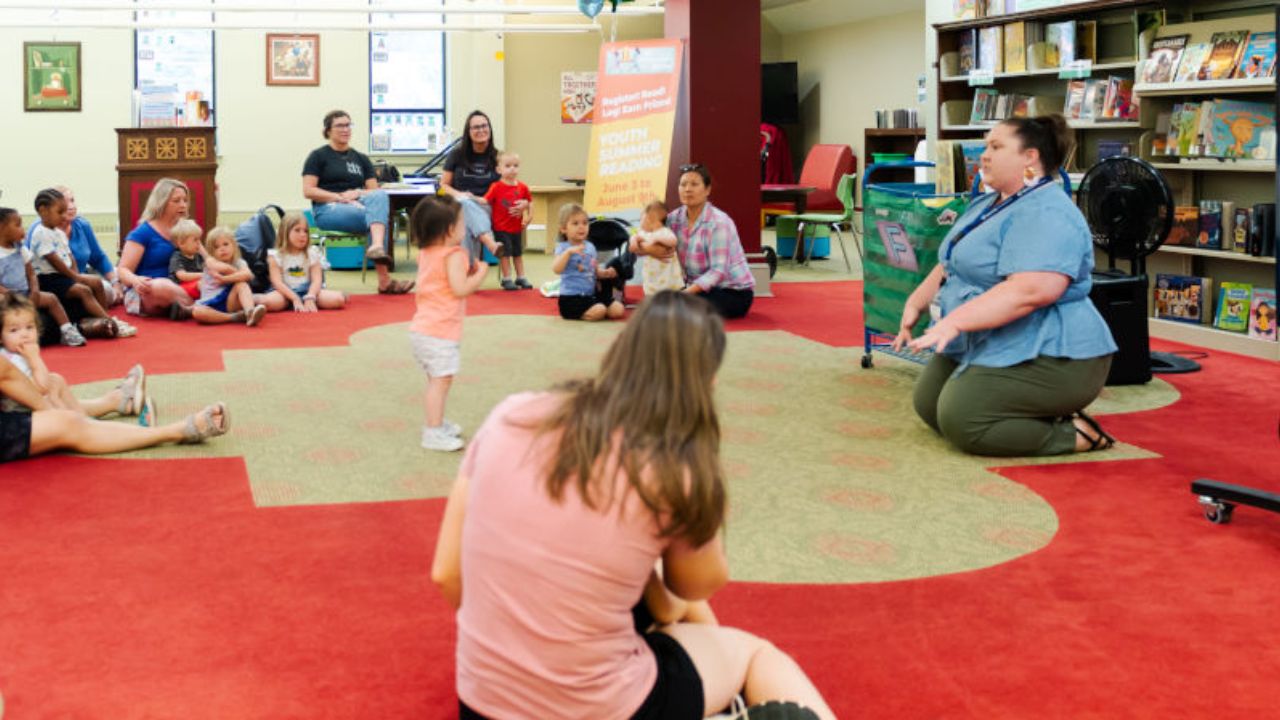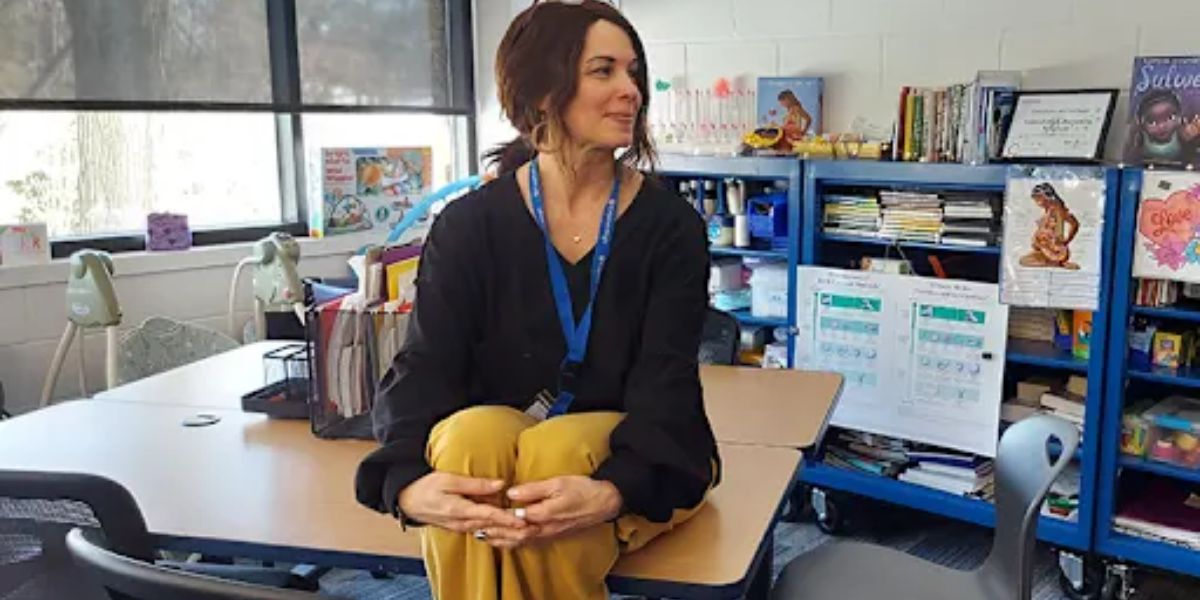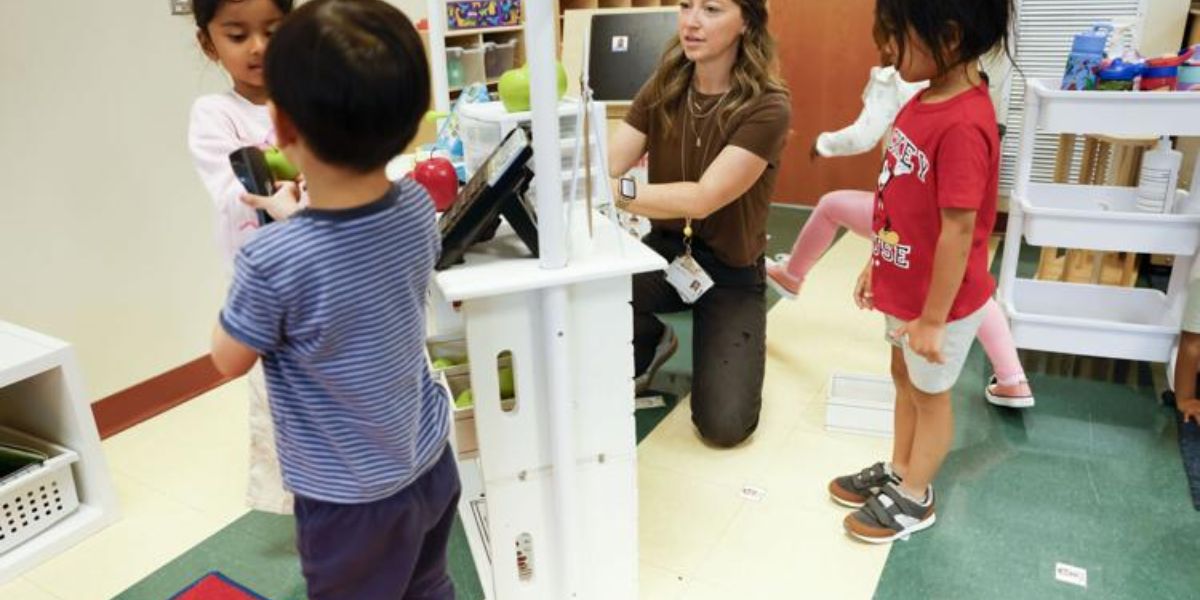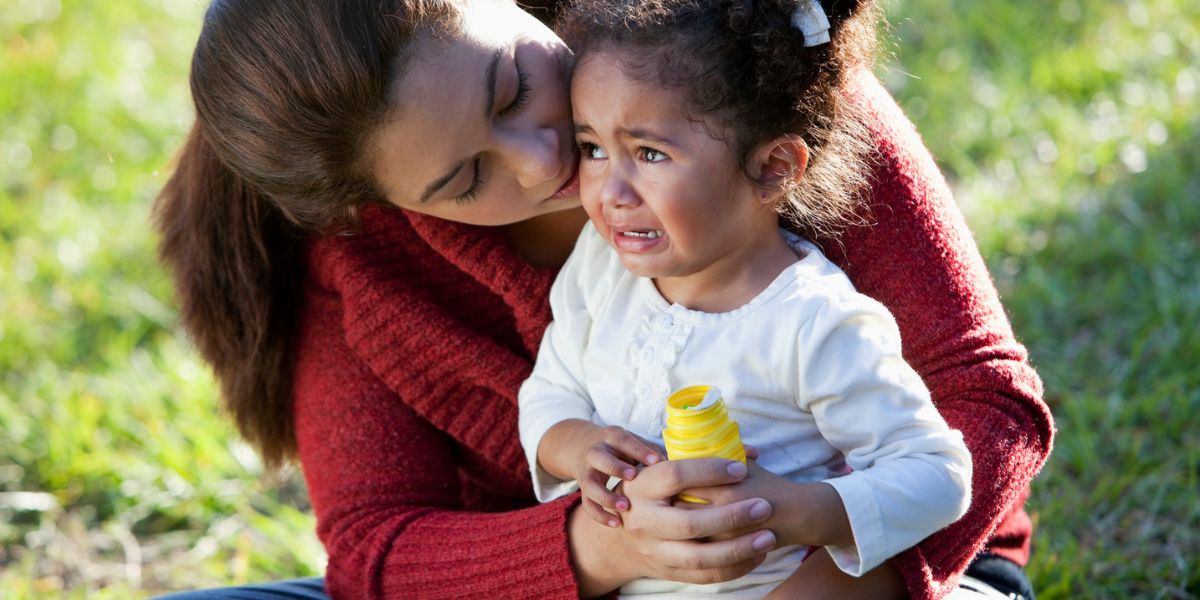Madison County has long been known for its strong sense of community and shared values. In recent years, local organizations, healthcare providers, and social service agencies have joined forces to build stronger, more resilient families. These community partnerships play a critical role in supporting parents, improving access to care, and fostering environments where families can thrive together.
How Community Partnerships Work
Community partnerships in Madison County involve collaboration between multiple sectors—healthcare, education, social services, and faith-based organizations. By pooling resources, these groups create more effective and sustainable programs that reach families who might otherwise fall through the cracks. For instance, when a primary care clinic works closely with a local behavioral health provider, families receive not only medical attention but also emotional and mental health support in one connected system.
Table of Contents
These partnerships are often built on shared goals such as improving child wellbeing, reducing substance use, or increasing access to parenting support. Each partner contributes unique expertise—schools may identify at-risk children, social workers can provide counseling, and local nonprofits often step in with financial assistance or family education workshops.
Supporting Parents Through Education and Resources
One of the most valuable outcomes of community collaboration is the development of family education programs. These initiatives empower parents with the knowledge and tools they need to navigate the challenges of raising children. In Madison County, family resource centers and community agencies offer workshops on parenting skills, child development, and positive discipline. Some also provide assistance with budgeting, nutrition, and access to healthcare.
By working together, local organizations can extend their reach and ensure that families of all backgrounds—whether rural or urban, single-parent or multi-generational—have access to resources that promote stability and growth. Many programs are supported by county-level grants or local coalitions focused on strengthening families through shared leadership and funding.
Addressing Behavioral Health and Addiction Recovery
Community partnerships are especially vital in tackling behavioral health and addiction challenges in Madison County. Integrated care models that combine primary care, behavioral health, and addiction recovery services have shown measurable success. Through collaboration between healthcare professionals, licensed social workers, and recovery specialists, families receive coordinated care that supports long-term recovery and emotional wellness.
Programs such as medication-assisted treatment (MAT) and family-based counseling have become more accessible thanks to these joint efforts. For example, when a primary care clinic partners with a local recovery center, patients can receive both medical and psychological support without the barrier of navigating multiple systems. This approach reduces stigma, improves outcomes, and strengthens families affected by substance use disorders.
Building a Support Network for Children and Youth
Strong partnerships also focus on helping children and teens build resilience. Local schools, youth centers, and nonprofit organizations collaborate to create after-school programs, mentorship opportunities, and peer support groups. These initiatives help young people develop emotional skills, self-esteem, and positive relationships with adults who can guide them through life’s challenges.
For example, Madison County schools have partnered with local behavioral health providers to introduce school-based counseling programs. This allows students to access therapy sessions directly on campus, reducing transportation barriers and making mental health care a normal part of school life.
How Collaboration Strengthens the Community
Community partnerships don’t just support individual families—they strengthen Madison County as a whole. When agencies work together, they reduce duplication of services, share valuable data, and create a safety net that ensures no family is left behind. Collaborative problem-solving also allows local leaders to address systemic issues such as poverty, homelessness, and food insecurity more effectively.
Moreover, partnerships create opportunities for community members to participate through volunteering, donations, and advocacy. Local residents who contribute time and resources often become part of the solution, reinforcing a collective sense of responsibility for the wellbeing of their neighbors.
Future Goals for Madison County’s Family Partnerships
Looking ahead, Madison County aims to expand the reach of its community partnerships through technology and outreach. Telehealth programs are helping bridge the gap for rural families, while community coalitions are exploring new ways to connect families with resources through social media and mobile applications. These innovations will ensure that support remains accessible, timely, and inclusive for all families in need.
Conclusion
The success of Madison County’s family programs lies in its collaborative spirit. By fostering strong partnerships across healthcare, education, and social services, the community continues to build a foundation of care and compassion. These efforts not only strengthen families but also contribute to a healthier, more connected Madison County—where every family has the opportunity to grow, heal, and thrive.
What do you think about the role of community partnerships in family wellbeing? Share your thoughts and local experiences in the comments below to join the conversation on mcchc.org.












